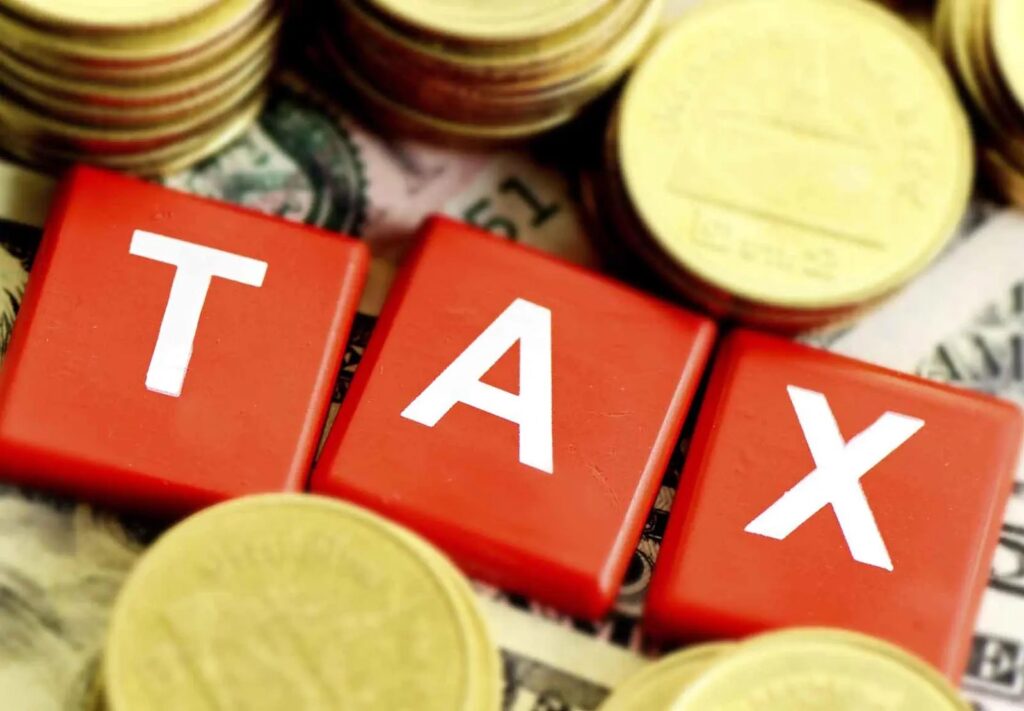
 An NGO, Oxfam in Nigeria has urged Federal and State governments to adopt a systemic and wide-ranging increase in taxation of the super-rich through the introduction of solidarity wealth taxes to address economic inequality.
An NGO, Oxfam in Nigeria has urged Federal and State governments to adopt a systemic and wide-ranging increase in taxation of the super-rich through the introduction of solidarity wealth taxes to address economic inequality.
Oxfam Country Director, Dr Vincent Ahonsi, made the call while addressing a news conference on the world Economic forum Davos 2023 and the presentation of Oxfam Report tagged “Survival of the Richest”, in Abuja.
Ahonsi, represented by Mrs Regina Afiemo, the Deputy Programmes Director, explained that a five per cent wealth tax on Nigerians billionaires would raise over three billion dollars annually, enough to fund the health sector.
“While millions of Nigerians are unsure where their next meals will come from, the Super-rich are getting richer and not paying their fair share of taxes.
” But they are taking advantage of the complexities and loopholes in the tax legislation, as well as lack of transparency and accountability in tax implementation.
”Thereby depriving the country of the revenue needed for social protection and inequality reduction,” he said.
He further noted that the country needed to purposely work to reduce inequality by generating more tax revenue from the rich to ensure fair, inclusive and gender-sensitive opportunities for Nigerians.
Reacting to the findings of the report, Mr Hamza Lawal, Founder, “Follow the Money” and an inequality Champion of Oxfam, said the report had provided an opportunity for presidential candidates of the 2023 general election to explain plans to tax wealthy Nigerians to fund the economy.
“I have looked through their policy document and statement and none of them is coming strong on taxing the richest.
” And I think it is an opportunity for them to come clear on their position on taxing the rich and particularly, how would they use this tax to reduce inequality,” he said.
Also, Mr Kenneth Akpan, Oxfam’s climate Justice Project Coordinator, said revenue generated from taxing the rich could also be used to address climate change crises affecting some parts of the country.
BRANDPOWER reports that the “Survival of the Richest” report revealed that over the last forty years, governments across Africa and the Americas had slashed the income tax rates on the richest.
It also revealed increased taxes on goods and services, which falls on the poorest people and had worsen gender inequality.






















